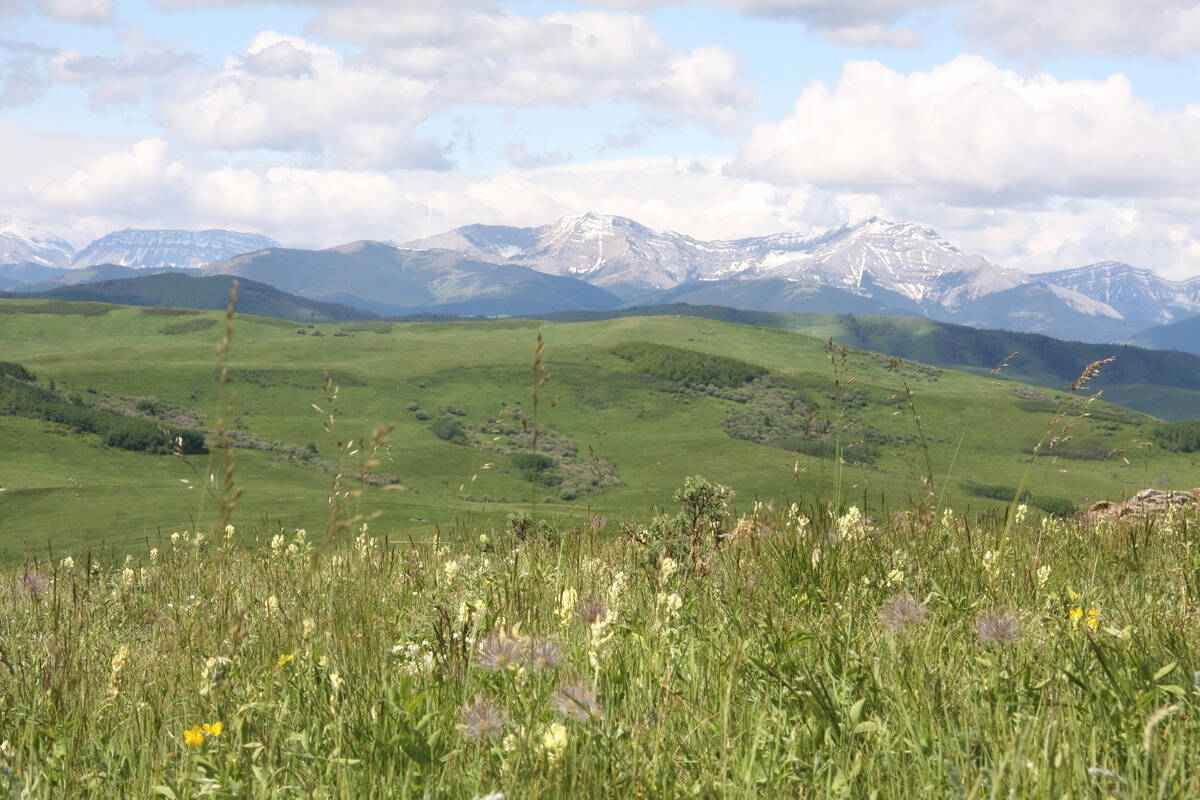ALGIERS, Algeria (Reuters) – Algeria has stopped importing durum because it has enough stocks to satisfy domestic needs “for a good period,” says a senior agriculture ministry official.
Algeria is often the leading importer of Canadian durum.
Amar Assabah, head of the ministry’s production department, also said Algeria was on track for a good grain harvest this year, and that two percent more land was under cereals cultivation compared to last season.
“OAIC (the state grain import agency) will not import more durum wheat, the objective being to let the stocks run down,” Assabah said.
Read Also

Selenium not deal breaker in coal mining: expert
Environmental scientist weighs in on coal mining debates in Western Canada, explaining selenium and the technologies and practices to lower its concentrations in nearby waterways to coal mining operations
“It’s not that OAIC won’t import any more, but it won’t import for the moment. The stocks are there, and they allow us to meet the needs of the population for a good period.”
Algeria, a North African energy producer of 35 million people, is one of the world’s biggest grain importers.
A strong domestic harvest last season allowed it to reduce wheat imports in 2009 to 5.69 million tonnes from 6.48 million in 2008. However, Algeria’s harvests fluctuate significantly according to rainfall.
Assabah said that this growing season had been better than the previous one, with more land under cereals cultivation, a better supply of fertilizer and high quality seed.
“Now we are having March rains, which are very interesting, very beneficial, but we still have the month of April,” he said.
“The season isn’t over. We have to wait until we have the product in the bag.”
Algeria imported 1.848 million tonnes of durum in 2009 and 3.847 million tonnes of soft wheat, according to customs data.














